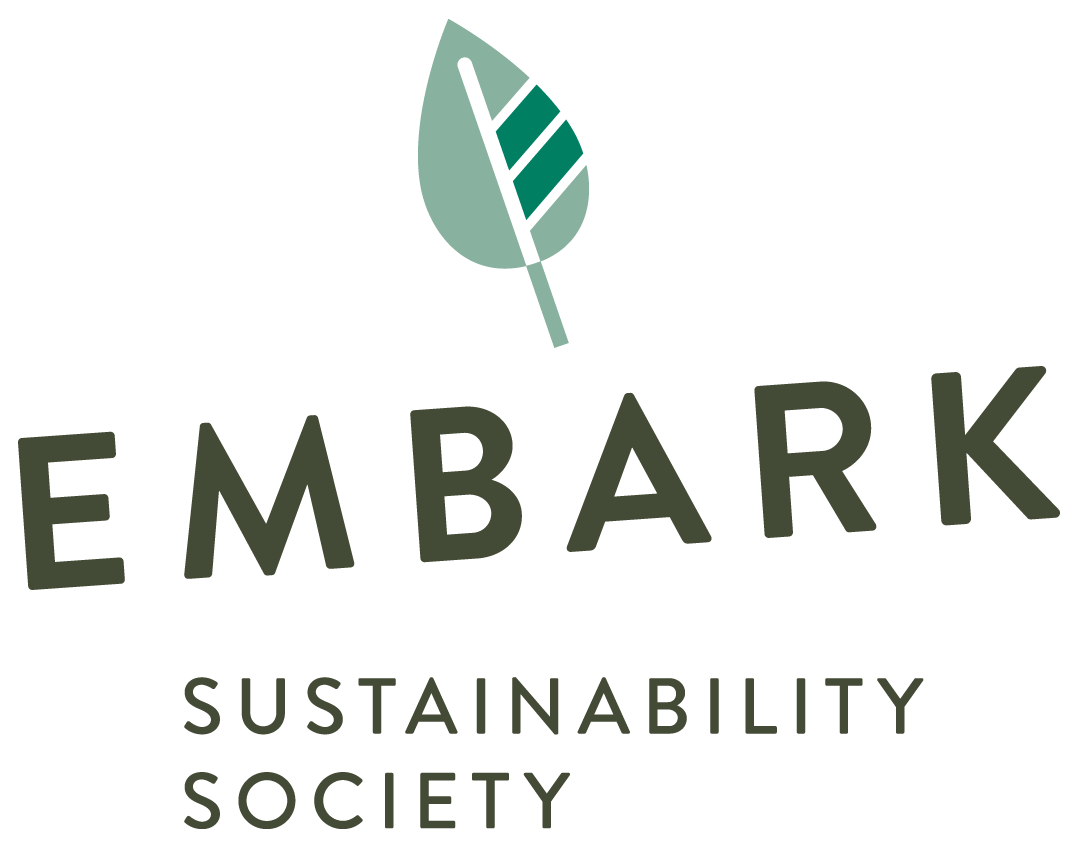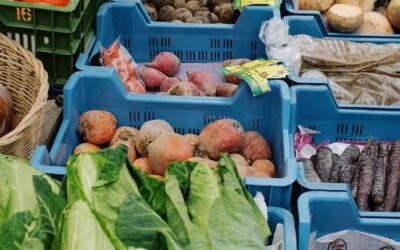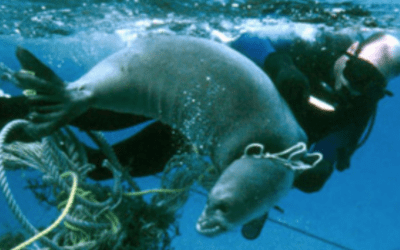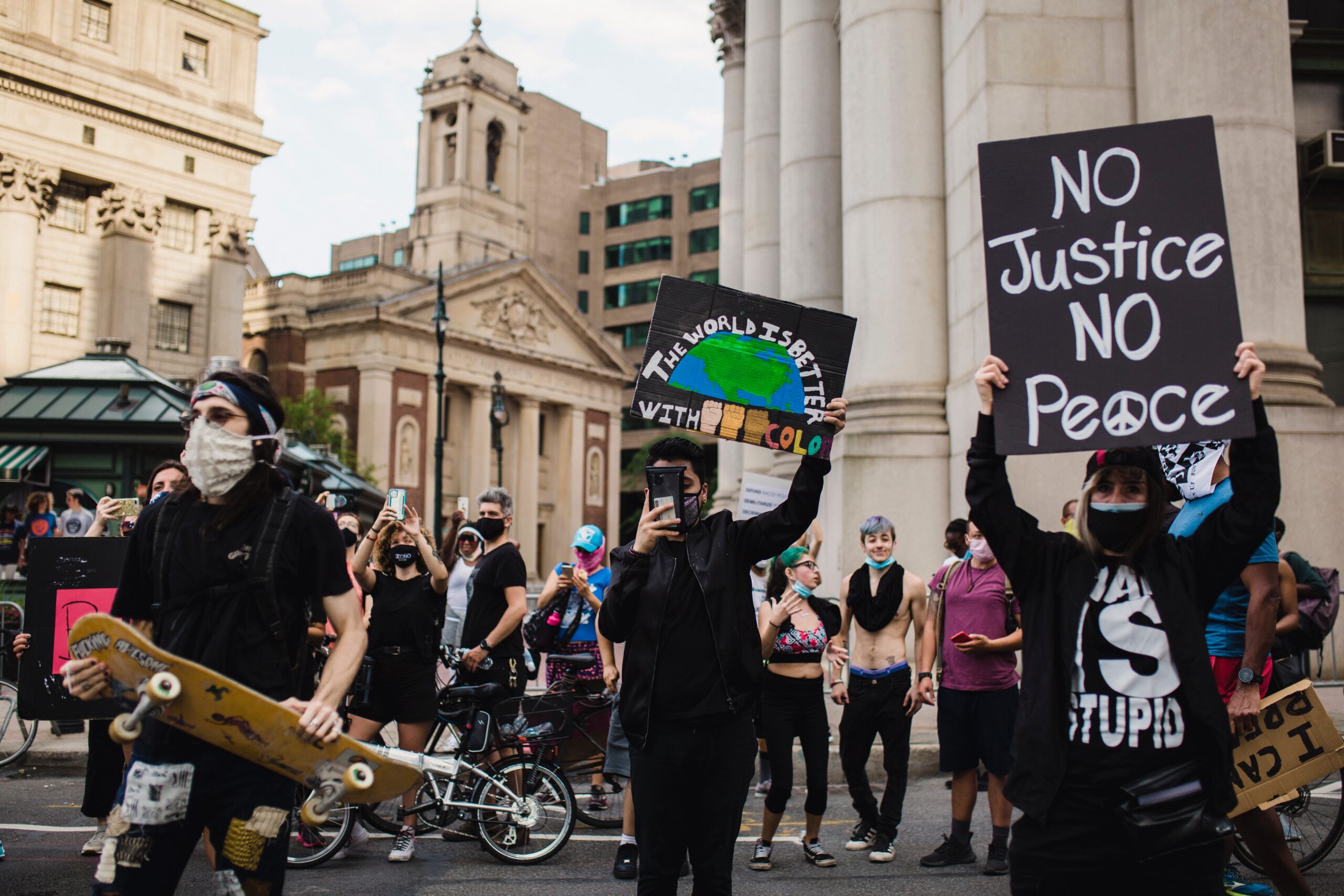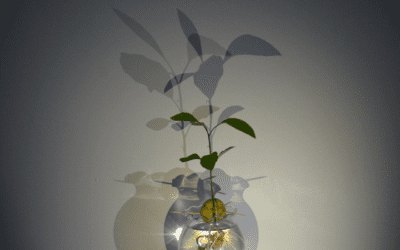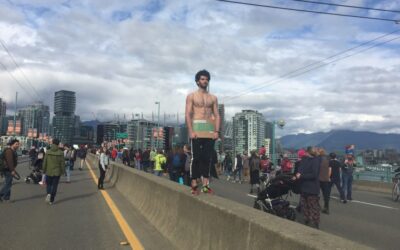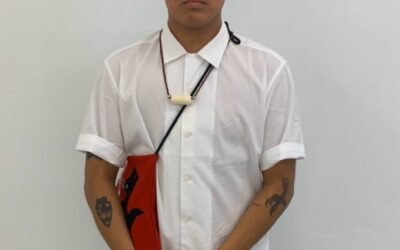Student-led sustainability content
Embark Sustainability’s Blog
How Upcycling Can Save Costs And Save Minds
Cover photo source: Architect Art Designs Upcycling, according to Wikipedia “is the process of transforming by products, waste materials, useless...
Embark Sustainability stand in solidarity with the SFU First Nations Student Association Let Us Speak campaign
Embark Sustainability stand in solidarity with the SFU First Nations Student Association #SFULetUsSpeak campaign. As a student-led sustainability...
Re-connecting to our local food system during these unprecedented times
Finding connection and community close-to-home In these unprecedented times of COVID-19 and physical distancing, our local communities are finding...
How to keep yourself inspired during the COVID-19 pandemic
We are living in challenging times due to the COVID-19 pandemic. When our personal and professional lives are turned upside down, it is hard to keep...
A Message from our Board of Directors
Dear Embarkers, We would like to address the recent letter from concerned members. The Embark board of directors made a decision on April 2, 2020 to...
Turning Plastic Pollution Into Fashion
Cover photo source: National Ocean Service A new trend in upcycling is transforming the recycled ocean plastic materials into new and...
How to Be an Intersectional Climate Activist
The climate crisis is one of the most pressing issue of our time, which requires a revolution of equivalent urgency. Therefore, it is reasonable that...
Re-imagining the connection between society and nature
How do we remain connected—socially and ecologically—is a question that we are faced with during the COVID-19 crisis. When the mitigation measures in a...
Sustainable Fashion 101 – Use what you already own!
The main idea is to buy less and use less The more you buy means the more you’ll have to end up having to get rid of eventually. Buying ’new’ from fast...
How to grow an avocado plant indoors?
The spring is around the corner. That means the growing season is knocking on our door. If you are a pro gardener, you may have already planned for what...
Statement From Embark Regarding the Violent Arrest of a Black SFU Alumnus
Statement From Embark Regarding the Violent Arrest of a Black SFU Alumnus Embark Sustainability Society would like to publicly express our condemnation...
How I Channeled My Climate Grief into Climate Activism
I have always associated moments of existential dread with having entirely too much free time. Thankfully, as a university student, I have very little...
Community and Solidarity: An interview with Matthew Provost (newly elected VP of Student Services)
When it comes to tackling a challenge as vast and complex as the climate crisis, one of the most important things to keep in mind is to center the work...
Inclusivity in the plant-based movement
When working in climate action a theme that comes up a lot is “How can I be more inclusive?”. The reason for this is that in today’s world, where...
Event Update
PSA - All upcoming Embark events and programming have been paused for the time being due to COVID-19 concerns. As we regularly convene students in our...
BLOG POST SUBMISSION
What type of content can you submit? Writers are encouraged to share sustainability through their lens and take any interesting thought, story or idea and create content.
It could be features, articles, interviews, poetry/prose, dispatches, reviews, photography, illustration, and/or videography.
The only requirement is that the created content falls under one of the following Embark Sustainability priority areas or their intersections:
- Climate Equity
- Food Justice
POST RECOMMENDATIONS
- Write about what you are passionate about and that aligns with priority areas. Or challenge yourself in creating something new.
- Think critically rather than just making statements.
- Be creative.
KEEPING JUSTICE, EQUITY, DECOLONIZATION, DIVERSITY, AND INCLUSION IN MIND
Ask yourself the following questions while writing:
- What communities does this topic affect and why?
- What systemic barriers are involved in this topic?
- Who benefits from the current systems in place?
- How does my positionality affect my understanding of this topic? How can I address this in my piece?
If you have any questions contact our Design & Communications Manager, communications@embarksustainability.org
